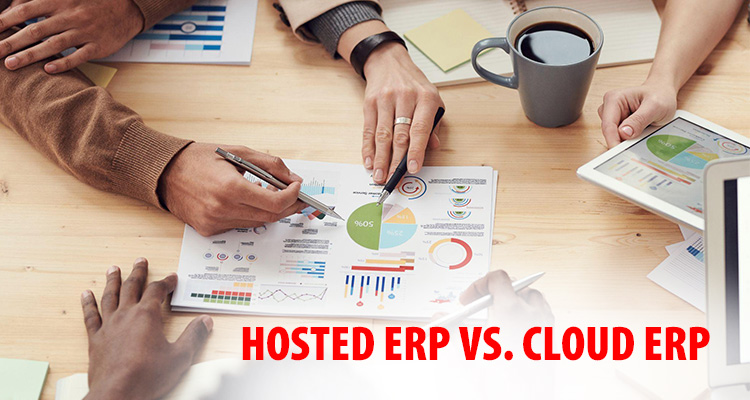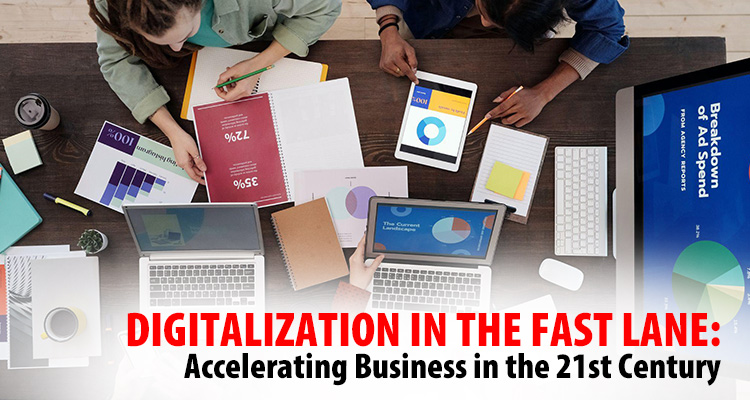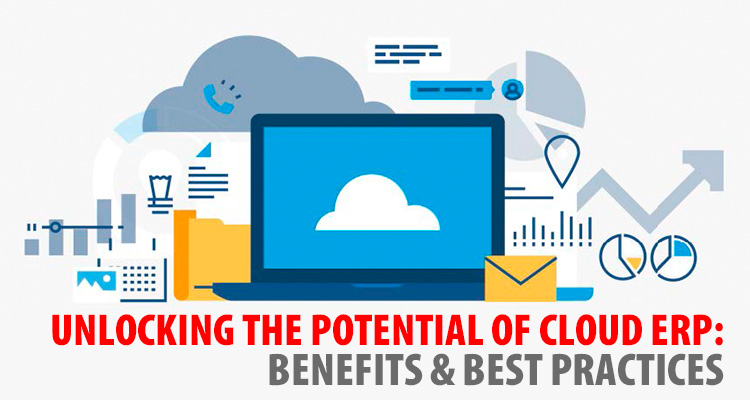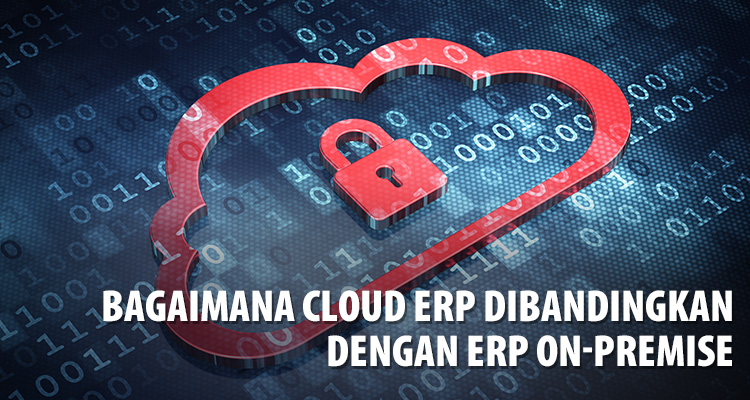Hosted ERP vs. Cloud ERP: Finding the Perfect Fit for Your Business

In today’s rapidly evolving business landscape, organizations are seeking efficient and flexible solutions to streamline their operations. Enterprise Resource Planning (ERP) systems have become an essential tool for managing various aspects of a business, from finance and human resources to supply chain and customer relationship management. With the growing popularity of cloud computing, the choice between hosted ERP and cloud ERP has become a pivotal decision for businesses. In this blog, we will explore the key differences between hosted and cloud ERPs, and help you determine which option is the best fit for your organization.
Understanding Hosted ERP
Hosted ERP refers to an ERP system that is installed and maintained on servers within an organization’s premises. This setup requires substantial infrastructure investments, including dedicated servers, networking equipment, and IT staff. While hosted ERPs offer a certain level of control and customization, they come with limitations in terms of scalability, flexibility, and accessibility. Updates and maintenance are typically handled by the organization’s IT team, which can be time-consuming and costly.
The Advantages of Cloud ERP
Cloud ERP, on the other hand, leverages the power of the internet to provide a flexible and scalable solution. With cloud ERP, the software and data are securely hosted on remote servers and accessed via a web browser. This eliminates the need for on-premises infrastructure and reduces IT maintenance costs. Cloud ERP systems offer real-time data access, enhanced mobility, and automatic updates, ensuring that your organization remains up-to-date with the latest features and security patches. The scalability of cloud ERPs allows businesses to easily adapt and expand their operations without the hassle of hardware upgrades.
Examples:
To illustrate the benefits of cloud ERP, let’s consider two hypothetical companies: Company A and Company B.
Company A is a mid-sized manufacturing firm with multiple locations. They have been using a hosted ERP system for several years, but as their business expands, they face challenges in managing and synchronizing data across different sites. Additionally, their IT team spends a significant amount of time maintaining servers and handling updates. By switching to a cloud ERP, Company A can centralize their data, streamline their operations, and enable real-time collaboration between their various departments and locations.
Company B is a rapidly growing e-commerce startup. They have limited IT resources and need a cost-effective solution that can scale with their business. With a cloud ERP, Company B can quickly set up their system, easily integrate with other applications, and access their data from anywhere, anytime. As their sales volume increases, they can seamlessly handle higher transaction volumes and offer an exceptional customer experience.
In conclusion, when choosing between hosted ERP and cloud ERP, it’s important to consider the unique needs and objectives of your business. While hosted ERPs provide control and customization, cloud ERPs offer scalability, flexibility, and accessibility, empowering your organization to adapt and grow in a dynamic marketplace.
At Rapid E-Suite, we specialize in the implementation of NetSuite’s true cloud ERP. NetSuite’s cloud ERP provides a comprehensive suite of integrated applications, enabling businesses to streamline their operations, drive growth, and enhance customer satisfaction.
We invite you to take a demo of NetSuite’s true cloud ERP with the help of Rapid E-Suite.
Remember, the right ERP solution can be a game-changer for your organization, providing a solid foundation for success in today’s digital age.






